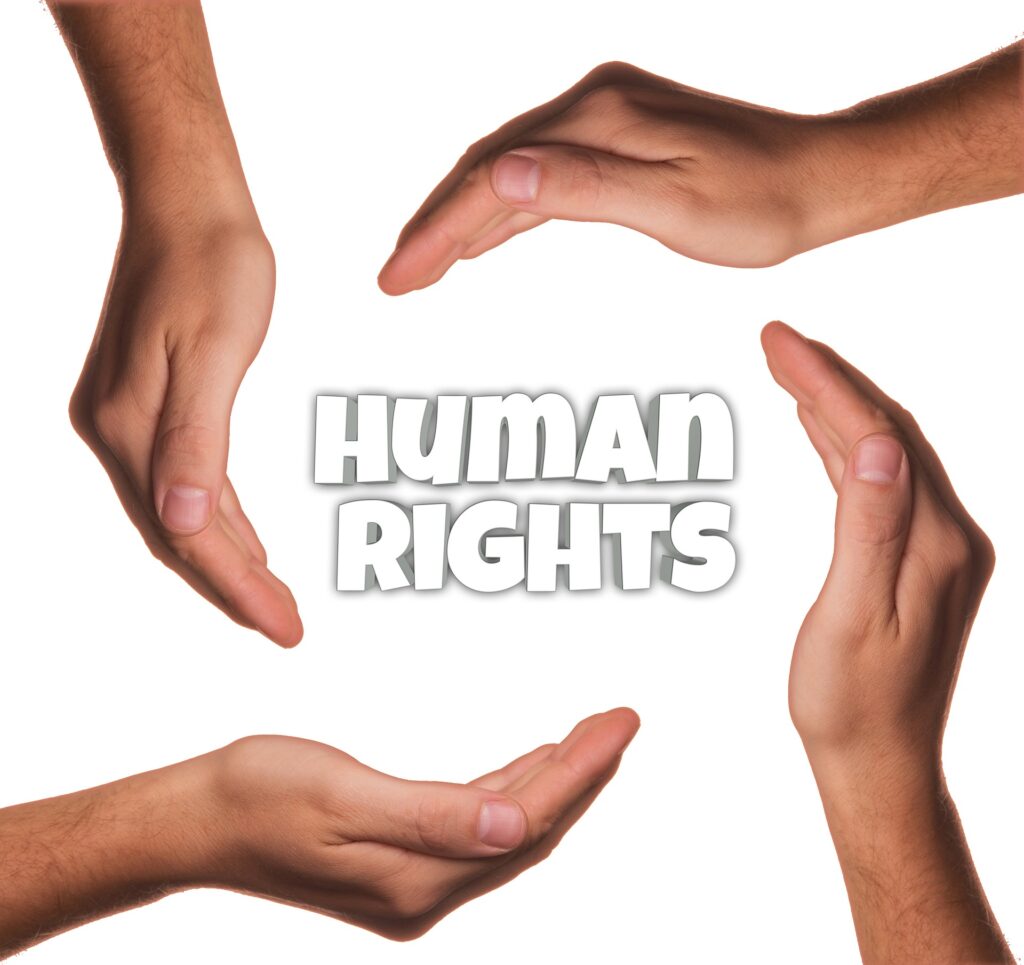In February 2022, the European Commission announced the adoption of a long-awaited proposal for a Directive on corporate sustainability due diligence. This proposal is well articulated with recent SFRD and CSRD initiatives. It includes rules requiring large businesses to assess and address adverse human rights risks and environmental impacts in their value chains.
What’s in the Proposal for Directive on Corporate Sustainability Due Diligence?
Comprehensive understanding of human right risks and mitigation is expected
Strongly consistent with the approach developed and used to work with investors and companies working with Ksapa, the new rules require companies to integrate due diligence into policies, identify actual or potential adverse human right risks and environmental impacts, prevent or mitigate potential impacts, and end or minimize actual impacts. Companies are also required to establish and maintain a complaints procedure, monitor the effectiveness of the due diligence policies and measures, and publicly communicate on due diligence.
Climate and Environmental Impacts Clearly Included in the Human Rights Scope
First, the Annex to the Proposal clearly includes all relevant human right themes supported by the International Bill of Rights and beyond. For example, companies or financial institutions will clearly have to address and tackle living wage or living income related issues among many other controversial considerations. The scope is very clear and does not give much room to avoid the difficult discussions.
Second, environmental considerations such as biodiversity, water, or climate impacts are also clearly included. Companies will be required to have a plan to ensure that their business strategy is compatible with the Paris Agreement goal of limiting global warming to 1.5 °C. We have always connected human rights and climate impact at Ksapa. This has not always been a consensual discussion with our clients and stakeholders. The inclusion of a Paris Agreement aligned climate strategy in the human rights regulatory framework closes once and for all this debate. Climate is undoubtedly a human rights issue, and businesses need to seriously commit and execute decisions on climate to remain credible and in alignment with their human rights programs.
Expanding Duty of Vigilance Beyond Supply Chains
Our team has been working on human rights impact assessments especially since the early days of the Guiding Principles on Business and Human Rights. It has always been obvious to us that a focus on supply chains was a good starting point. But just a starting point. For example, clients, business partners, employees as much as suppliers are all facing growing challenges with respecting human rights in the digital age. Responsibility of companies and financial institutions naturally stretches beyond supply chains – although the Rana Plaza scandal was an important milestone in the whole human rights duty of vigilance regulatory discussion. Beyond regulatory initiatives in place to date, the new directive is expected to apply to company operations, subsidiaries and value chains as well.
Scope of EU and non-EU Companies Covered; Board of Directors Accountability
Following the adoption of the new due diligence rules by the European Commission, the proposal will be presented to the European Parliament and the Council for approval likely in 2022. Member states will have two years to transpose the directive into national law. Actual enforcement is therefore probably expected by 2024, meaning:
- Starting 2024 (probably), the Directive will initially apply to companies with over 500 employees and more than EUR 150 million in revenues
- 2 years later in 2026 (probably), the Directive will apply to companies with over 250 employees and €40 million revenue. Non-EU companies with revenues earned in the EU above the thresholds will also be required to follow the rules
This would be consistent with the expected timeframe of seeing the enforcement of CSRD around the same time. From an accountability standpoint, the new rules introduce requirements for executives to be held responsible for clarifying the potential human rights and environmental impacts of their companies. They are expected to be held responsible to oversee the implementation of due diligence and to integrate it into corporate strategy, and take into account human rights, climate change, and environmental consequences of their decisions as part of their duty to act in the best interest of the company. The rules also incorporate the inclusion of climate action measures in executives’ variable remuneration incentives.
Conclusion: Game-changer in the Way Companies Operate Their Business Activities Factoring Human Rights and Green Transition at the Core
This is a big step for companies and financial institutions alike. Most importantly, this is a big step to advance human rights and drive the green transition. Ksapa is a strategic global platform of reference for advancing human rights across business and investment decisions. 300+ practitioners from leading corporates and investment organizations across the globe regularly take part in our initiatives – using our advisory services, developing concrete programs, and addressing mitigation at scale.
We are available to share our expertise and support businesses and financial institutions in adapting to growing socio-environmental pressures so as to drive real impact throughout organizations and value chains – right from the start.
Author of several books and resources on business, sustainability and responsibility. Working with top decision makers pursuing transformational changes for their organizations, leaders and industries. Working with executives improving resilience and competitiveness of their company and products given their climate and human right business agendas. Connect with Farid Baddache on Twitter at @Fbaddache.





